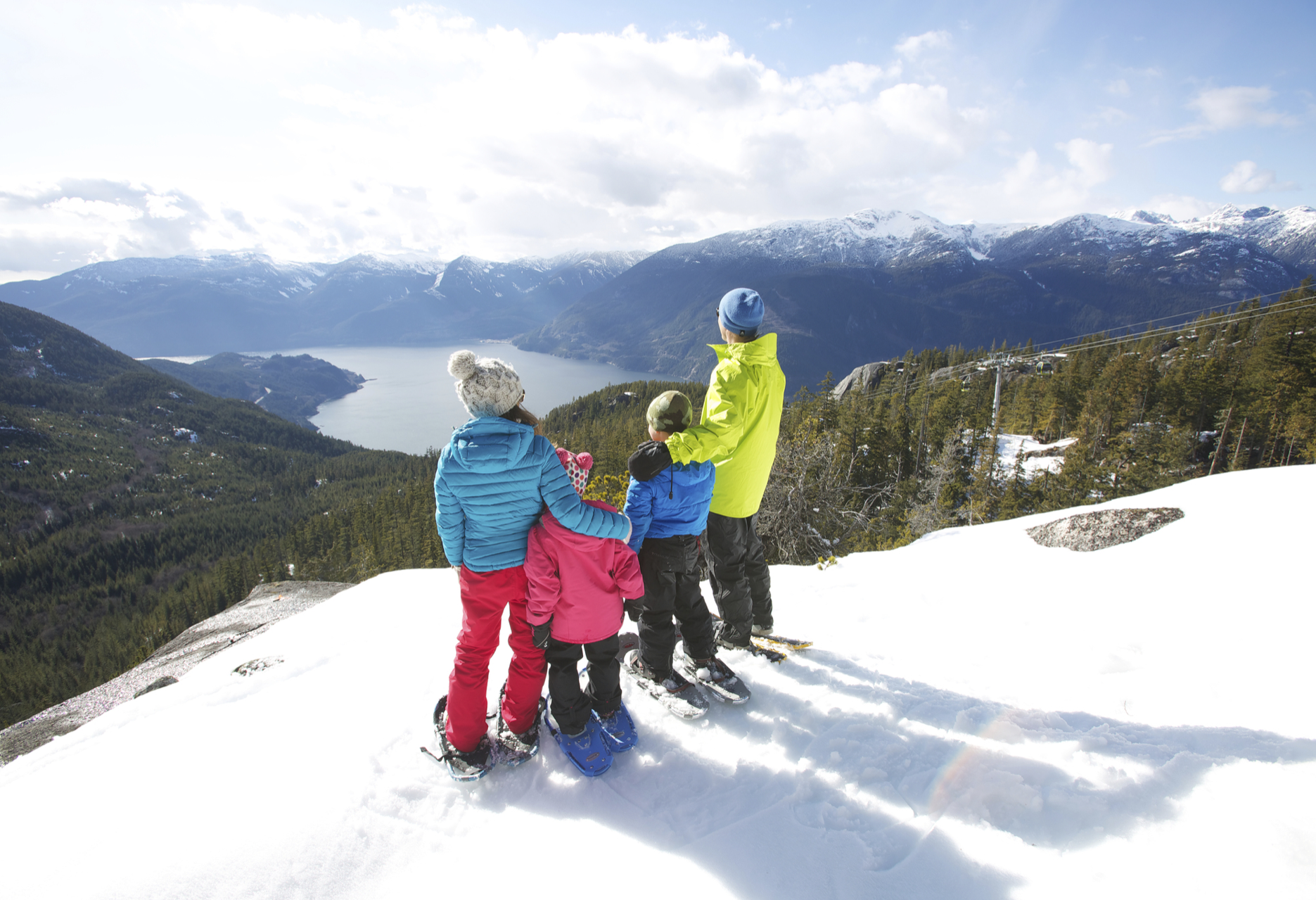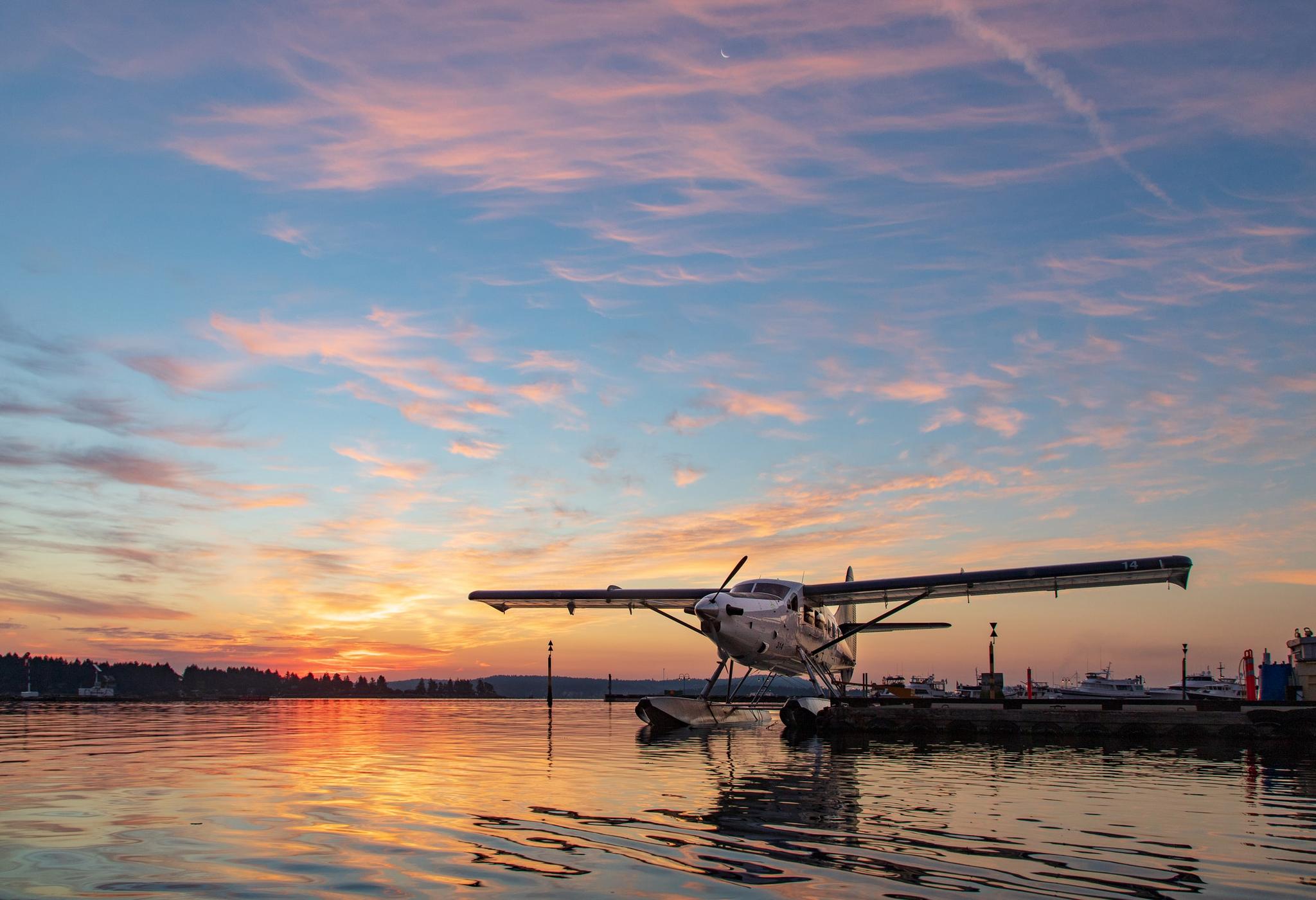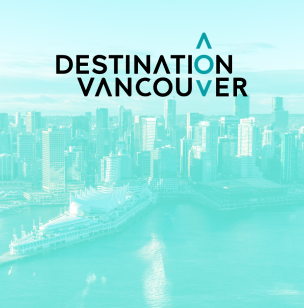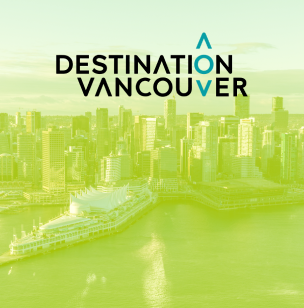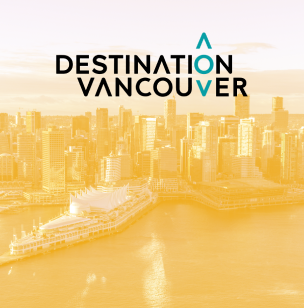
Vancouver Travel Guide
Travel like a local
Enjoy the city
with ease
From weather to timezones to tipping culture, we’ll let you in on all of Vancouver’s intricacies so you’re ready for your best trip yet.

Time zones
Like the American West Coast, Vancouver is 8 hours behind GMT, on Pacific Time (PT). Daylight savings is observed here, meaning our clocks move forward one hour every March, and one hour backward every October.
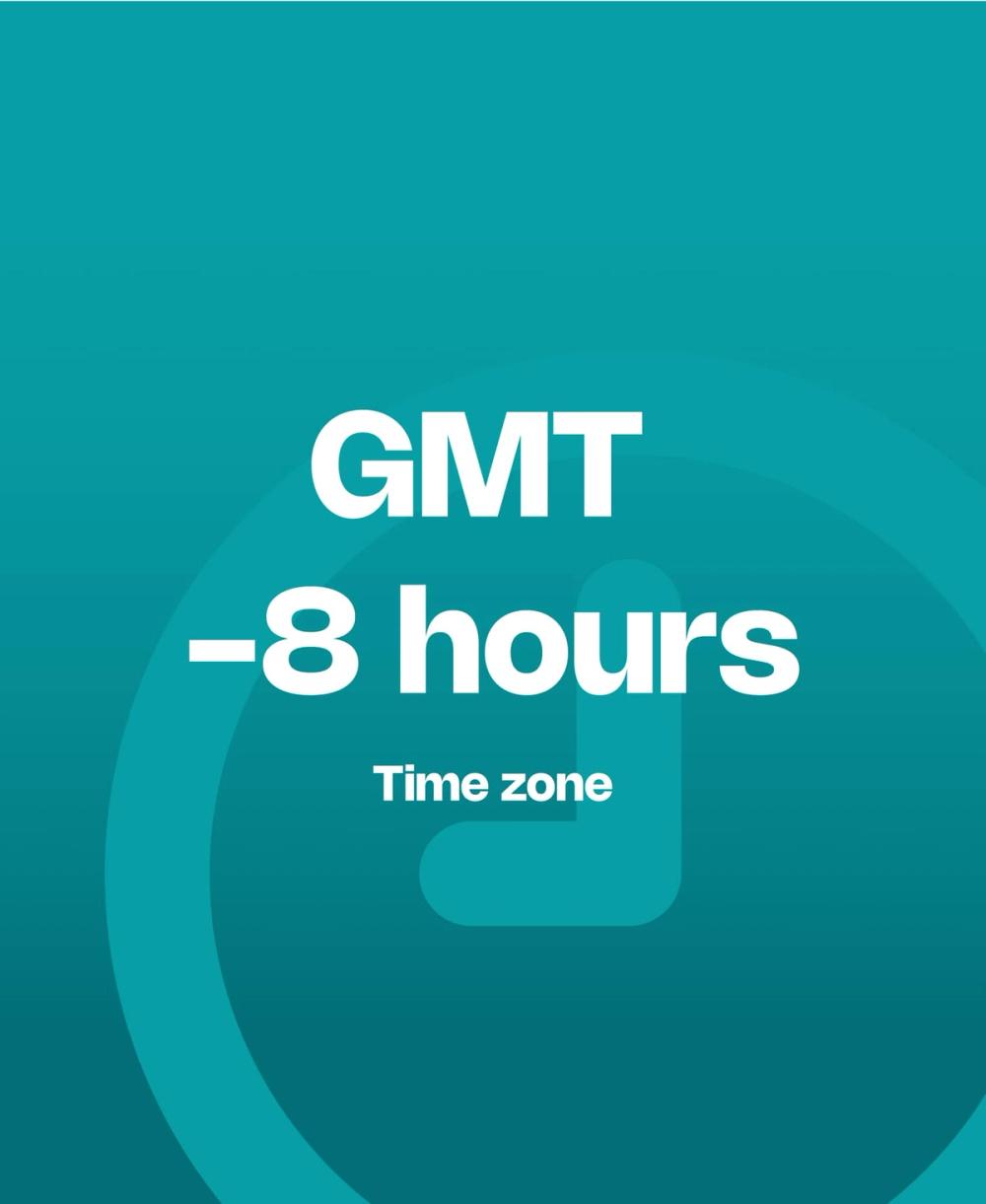
Currency
The Canadian Dollar (CAD) is used in Vancouver. Though most places take Visa, Mastercard, and other major cards, it’s still handy to carry some cash. Withdraw cash from the many ATMs around the city, or exchange cash at a local currency exchange mart.
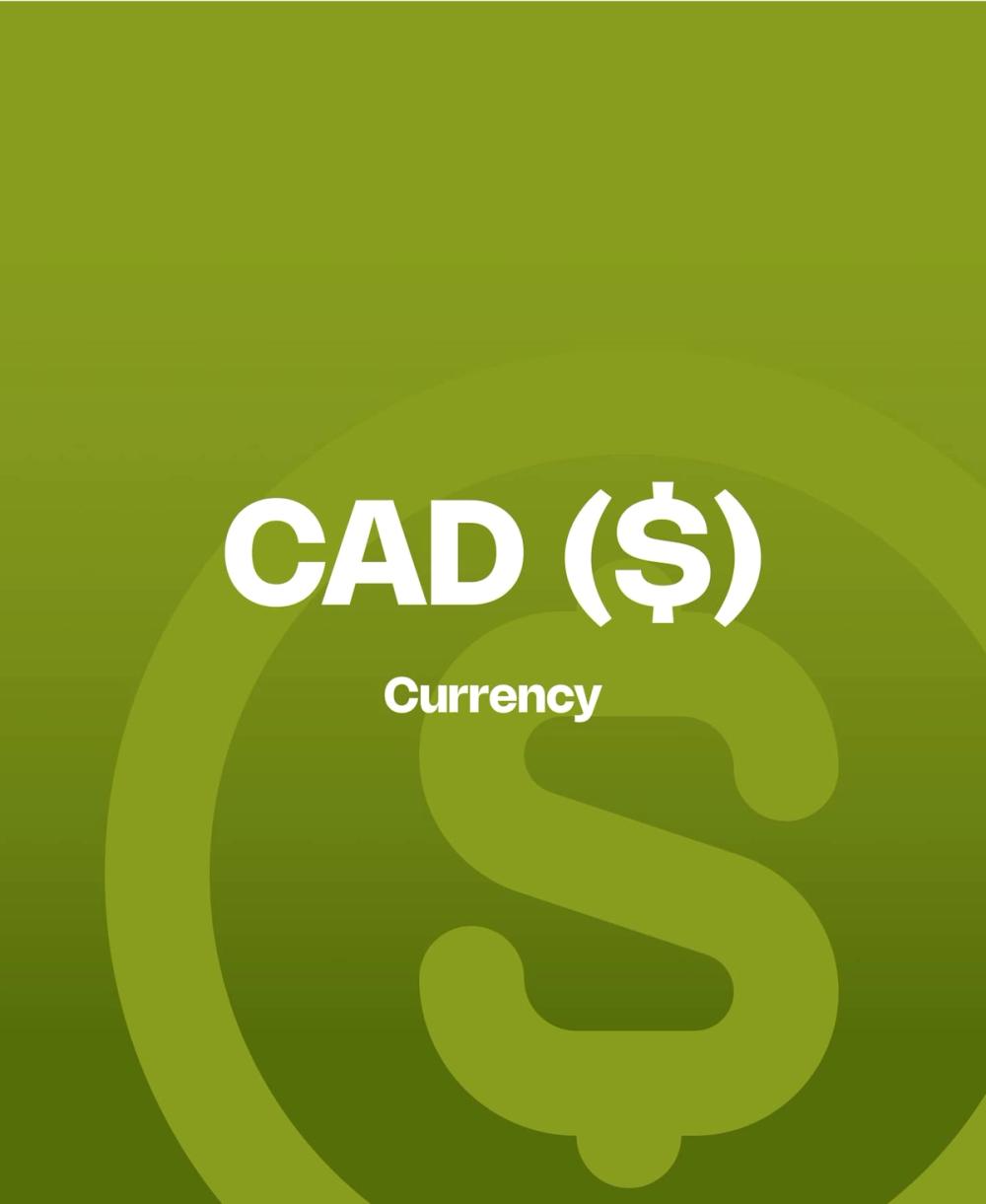
Tipping
Don’t forget to tip! While it’s not mandatory, tipping is customary here. While visiting restaurants, bars, salons or receiving other services, it’s common for guests to tip 12-18% as a token of gratitude.
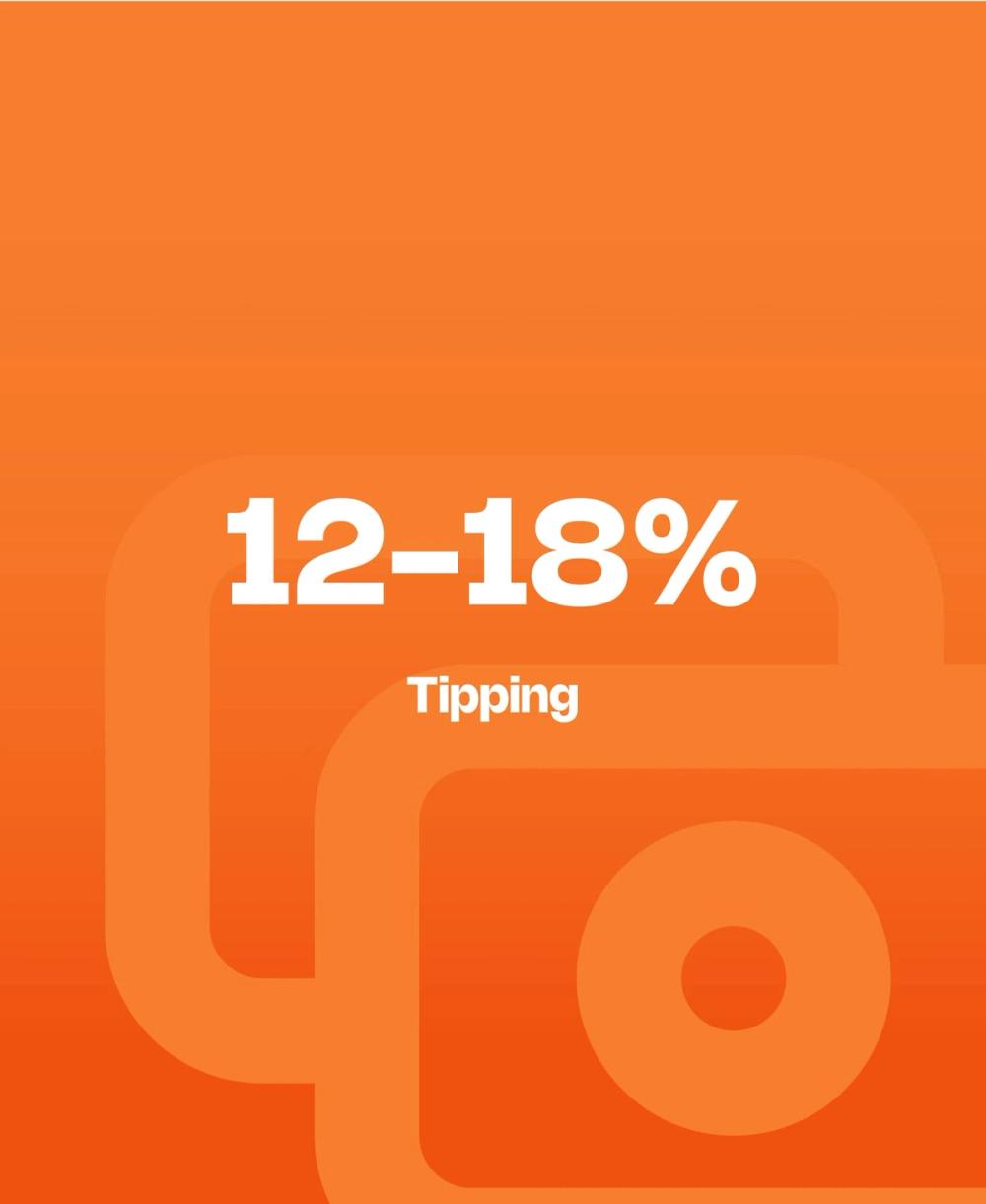

Health services
Visitors needing health services are in good hands. Vancouver Coastal Health runs several accessible clinics and hospitals across the city. For emergencies, call 911 immediately or visit an emergency care unit. For non-emergency health advice, visit HealthLinkBC 24 hours a day.
Workdays, store hours, holidays
Vancouverites work Mon-Fri from 9am-5pm, similar to much of North America. You’ll find most public and private services open during this time. Bars, restaurants, and select retail stores will usually open later into the evening. On public holidays, these hours may be affected.
